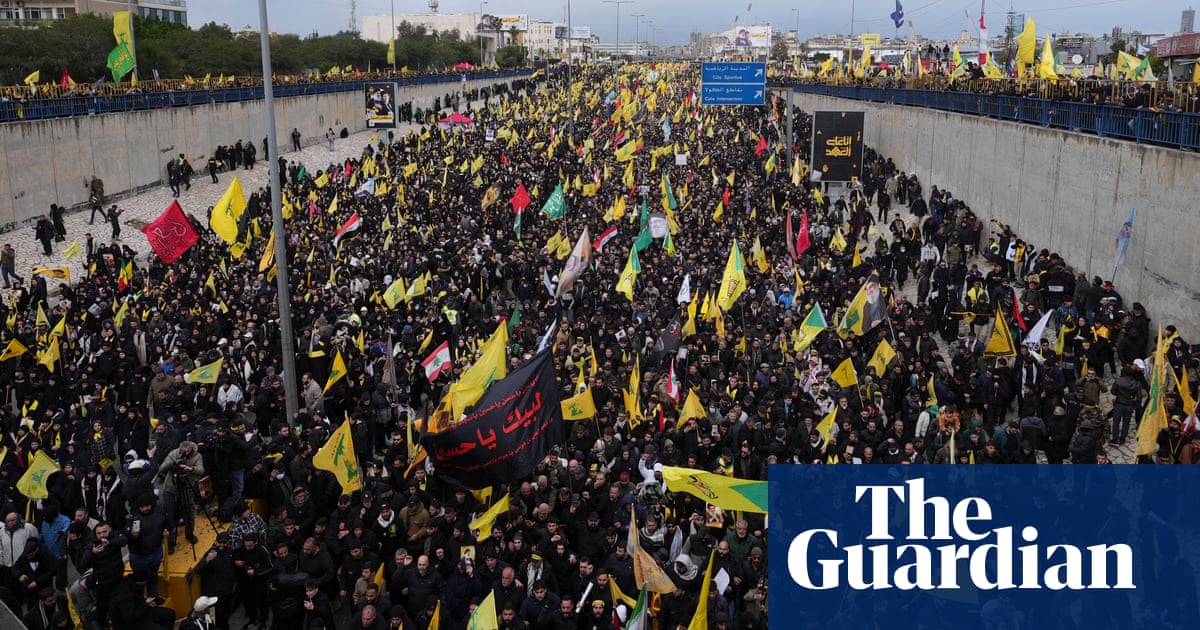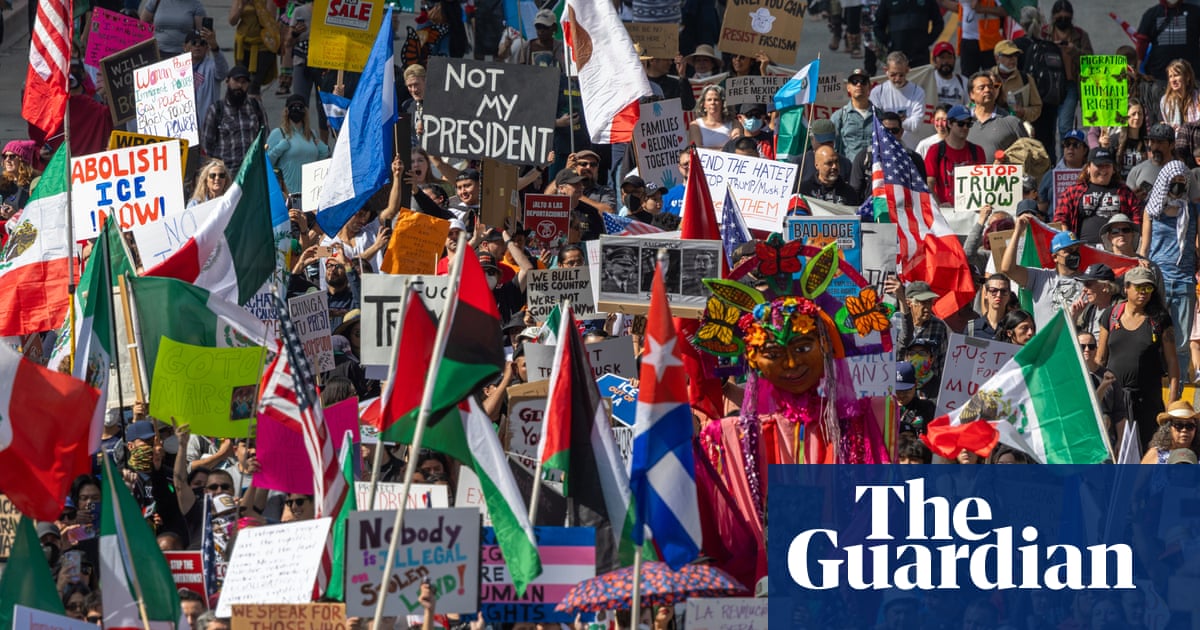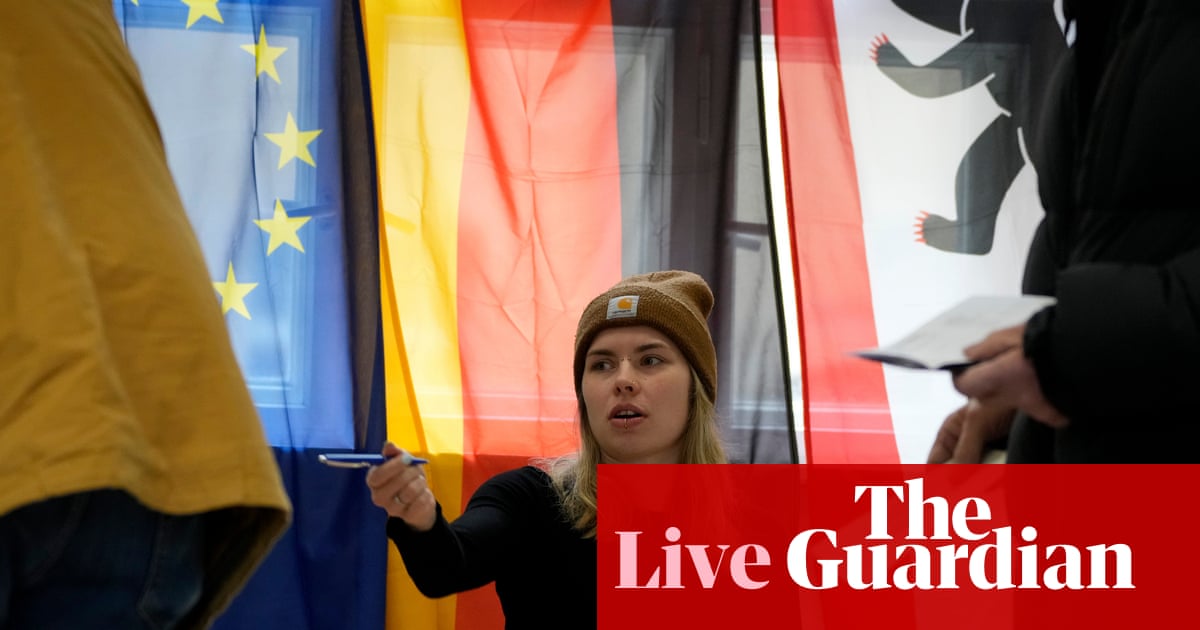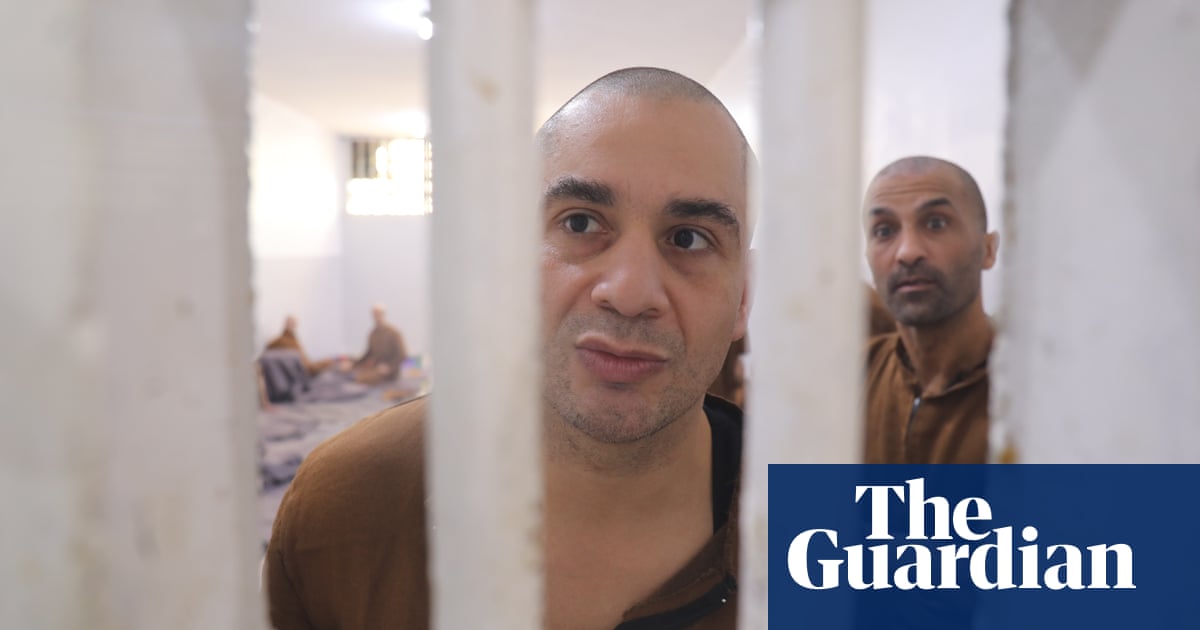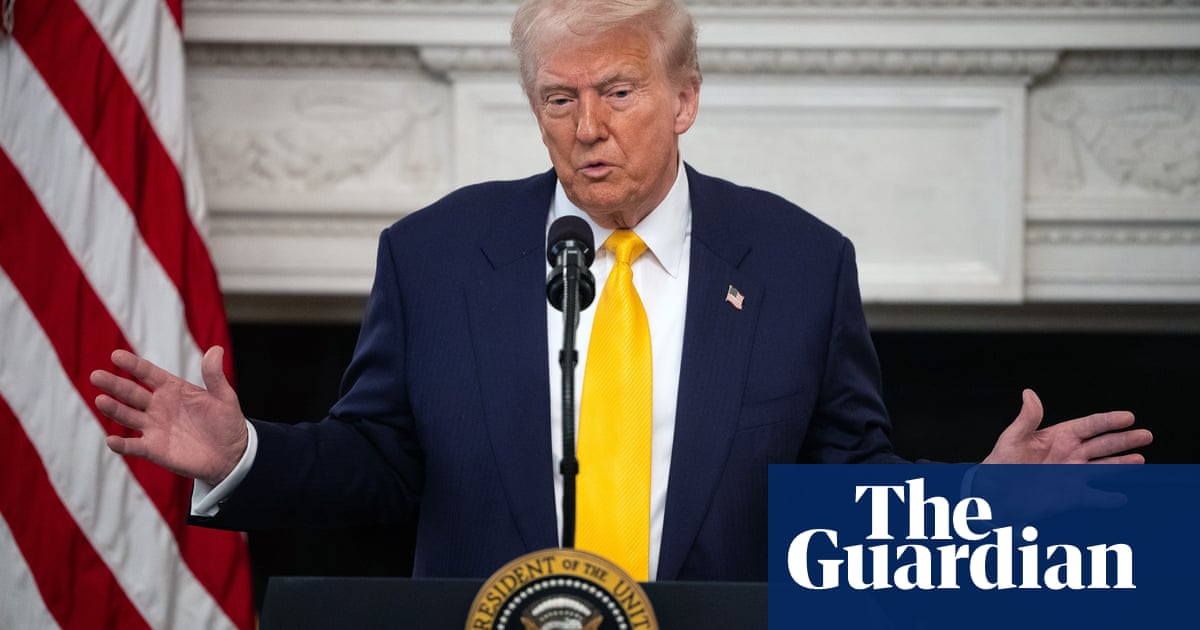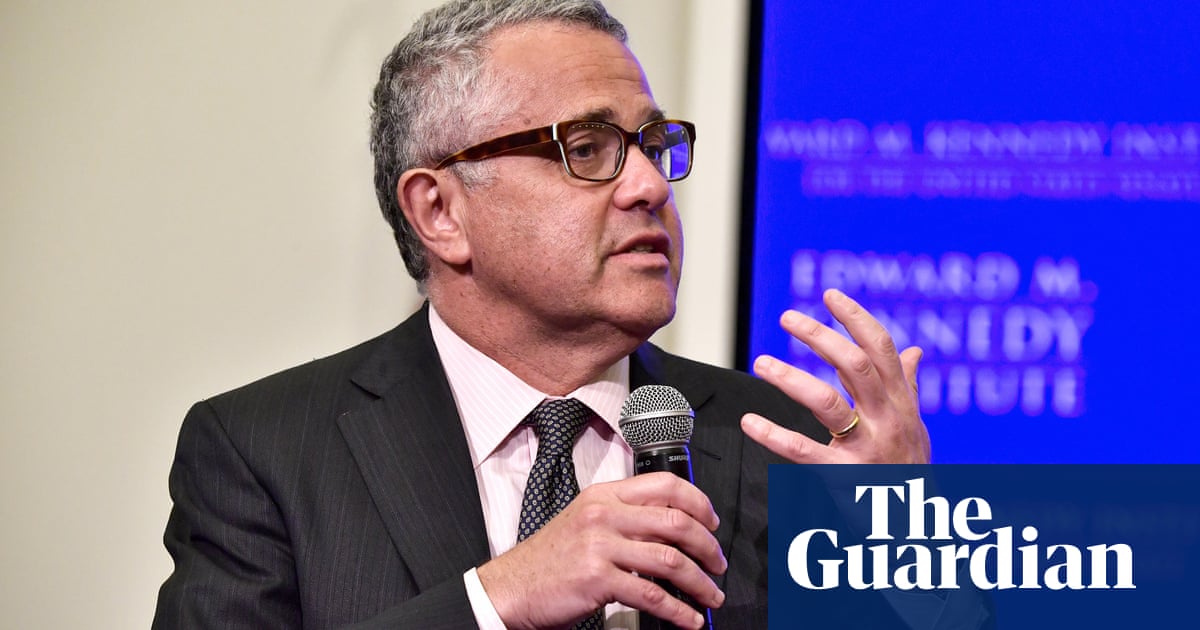China would have offered more money to the poor world to tackle the climate crisis if western countries had not failed to show leadership, the president of the Cop29 UN climate summit has said.
Cop29 ended early on Sunday morning after a marathon final negotiating session in the Azerbaijani capital, Baku, with a deal on finance to developing countries that was widely attacked for being inadequate and a betrayal of trust.
Developed countries agreed to supply $300bn to developing countries to help them shift to a low-carbon economy and cope with the impacts of extreme weather, but the money is hedged with loopholes and is too little, developing countries have said.
Mukhtar Babayev, Azerbaijan’s environment minister and the president of the fortnight-long talks, has blamed rich countries for failing to stump up enough cash for the developing world and nearly collapsing the talks by only making key concessions too late in the process.
By contrast, he has written in the Guardian, “China spent the full two weeks coordinating their response to the negotiations in a regimented fashion with the G77 group of the world’s poorest nations. The Chinese were willing to offer more if others did so too (but the others didn’t).
“Their target of $500bn for the industrialised world’s contributions alone still would not suffice to limit global warming to 1.5C, but it was a more acceptable minimum figure – something publicly acknowledged by Kenya and several other African nations.”
China is classed as a developing country under the UN climate process, which means it carries no obligation to provide finance to poorer countries, while the rich economies do. At Cop29, rich countries demanded that the donor base should be broadened to include emerging economies such as China and petrostates such as Saudi Arabia.
China did not object to the Cop29 deal and pointed to billions it was providing to the poor world already, mostly in the form of loans, in what is known as “south-south cooperation”. Developed countries were keen to point out that the deal struck allowed for China to contribute, while stipulating that the developed world should take the lead.
Babayev described the final moments of what he termed the “Baku breakthrough”, which came 35 hours after the official deadline. An earlier offer by developed countries to supply $250bn a year to the developing world by 2035 was widely derided but rich countries were unwilling to increase it.
He noted that it took pressure from the presidency to force the EU to increase its deal beyond the originally proposed $250bn.
He also wrote: “It was a mistake for western countries to insist that the final draft deal – and particularly the draft financials – was not be unveiled until the penultimate day. To the global south, this rightly made it look like a fait accompli. My negotiating team argued vociferously for drafts to be made public far earlier. But that was not to be.
“Early in the negotiations it became clear that certain western voices would not shift,” he added. “That position was not universal: the new British government has reassumed the country’s role in global climate leadership, and that was clearly in evidence at the summit itself, with new UK targets on decarbonisation and net zero.”
after newsletter promotion
The deal “almost didn’t happen”, Babayev said, but Azerbaijan stepped in to push the rich world to make its final $300bn offer.
Developing countries should receive at least $1.3tn a year by 2035 under the deal, but much of this is likely to come in private sector investment, with an unspecified amount also coming from potential new levies, such as taxes on fossil fuels, frequent flyers and shipping.
There was heavy criticism of the Cop presidency at the talks. Several countries told the Guardian that the presidency did not appear to be in control of the process, asked other countries for assistance that was then ignored, and was unavailable at key moments.
India said after the gavel had come down on the deal that it was unhappy with the outcome. Chandni Raina, the lead negotiator for India, called the deal a “travesty of justice”.

 2 months ago
51
2 months ago
51


